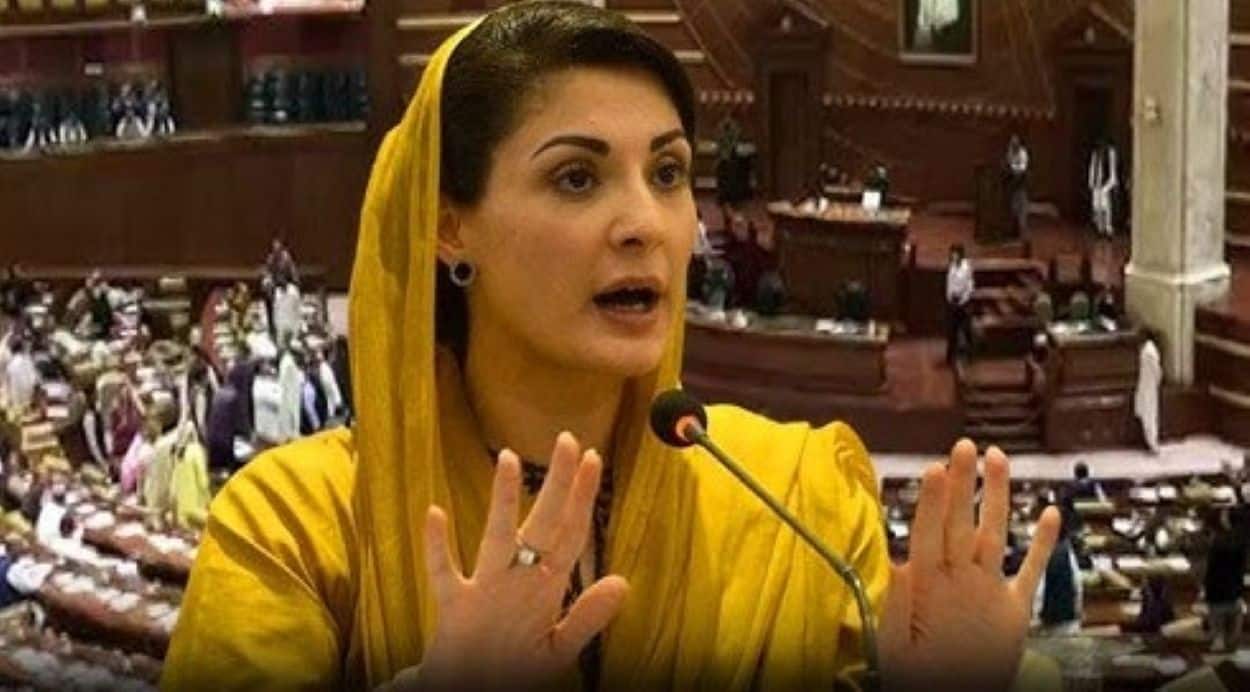The Punjab Assembly passed a bill that substantially increased the monthly salaries of its members and various officials. This move has sparked discussions on the financial adjustments for provincial legislators and their implications.
Under the new legislation introduced by Mujtaba Shujaur Rehman, the Minister for Parliamentary Affairs, the salaries of members of the Punjab Assembly (MPAs) will rise by 426 percent, from Rs76,000 to Rs400,000. Similarly, provincial ministers will receive an 860 percent increase, with salaries soaring to Rs960,000 from Rs100,000.
Specific Salary Adjustments
- Speaker of the Assembly: The salary increased from Rs125,000 to Rs950,000.
- Deputy Speaker: The salary rose from Rs120,000 to Rs775,000.
- Parliamentary Secretaries: Their compensation went up from Rs83,000 to Rs451,000.
- Special Assistants and Advisors: Salaries were boosted significantly, with special assistants now earning Rs665,000 and advisors Rs665,000, up from Rs100,000.
The bill was passed despite some nominal objections from the opposition leader, Malik Ahmad Khan Bhachar. Most assembly members voted in favour of the bill, indicating broad support among the ruling party’s ranks.
Read: Punjab Assembly to Consider Major Salary Hike for MPAs
This salary adjustment comes from the Punjab Assembly’s approval of a Rs5.4 trillion budget for the fiscal year 2024-25. This budget also includes updates to a 70-year-old tax structure, introducing new tax rates for commercial properties and adjustments in vehicle registration fees to increase provincial revenues.
Tax Adjustments in Detail
- Commercial Properties: Will incur a tax of 0.07% on their total value.
- Properties valued between Rs10 million and Rs25 million: Taxed at 0.08%.
- Properties over Rs25 million: Subject to a 0.09% tax.
- Vehicle Registration: Fees set at Rs1,500 for motorcycles and scooters, with additional fees based on engine size and a 10% annual fee for registration transfers within 10 years.
The Punjab Assembly’s decision to significantly increase the salaries of its officials reflects a bold approach to compensating public servants in line with the cost of living and responsibilities. While this move may raise questions about fiscal prudence, it also aligns officials’ pay more closely with the economic realities they manage.






